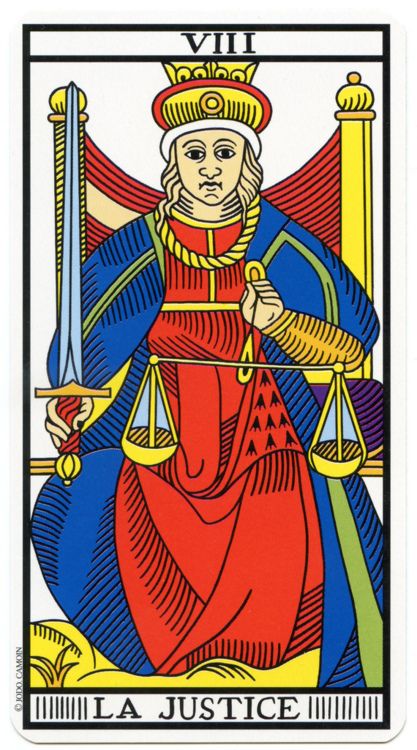Today everybody, when speaking of Human Rights, thinks of the Universal Declaration of Human Rights adopted by the United Nations in 1948, with its 30 articles. But this declaration took its name, the principle of its existence and several of its articles from the ‘Declaration of the Rights of Man and the Citizen’ established by the National Assembly of revolutionary France in August 1789. Prior to that there were other declarations of legal/constitutional nature specifying rights of men, notably the US Declaration of Independence (1776, co-written by Thomas Jefferson who also helped write the French Declaration), the English Bill of Rights (1689), the 1215 Magna Carta and even King Cyrus’ cylinder (539 BC) which proclaimed the freedom of the Babylonian people. But the French declaration, as the name indicates, was the first to be specifically concerned with the rights of the individual human being and put these at the centre of the political system.

Hundreds of books and thousands of articles have doubtlessly been written on this document, and I will only highlight it from the angle that concerns me here, namely the relationship between the Rule of Law and the domain of politics.
The Declaration in fact replaces the tyranny of the King with that of the Law. Bourdieu explains how (in France) jurists battled with politicians in the second half of the 19th century and won, subjecting the entire political domain to that of the Law. This may be correct, but then this Declaration is the seminal event for that victory of Law over politics.
Of the seventeen articles that could be published on one broadside (poster format) the first, the most famous, affirms that all people are born and remain free, and enjoy equal rights. The second defines those rights as being that to freedom, property, security and resistance to oppression and defines the goal of politics as being to maintain those rights. The third defines the principle of sovereignty as residing in the nation, and that all authority derives from the nation’s sovereignty. The fourth defines freedom as stopping where the freedom of others would suffer, and introduces the Law as delimiting those freedoms.
The fifth, sixth and eight articles start with the Law, and the seventh, ninth, tenth and eleventh articles also mention the Law. The fifth limits the Law to those actions which are bad for society; the sixth proclaims that the Law is made by the citizens directly or through their representatives, that the Law is the same for all citizens and that it guarantees equal access to public function, or public power. The seventh article affirms that people may only be arrested on a legal basis, but also that any person resisting legal arrest is guilty; citizens must obey the Law. The eighth article proclaims that any punishments meted out in Law must be reasonable and that the Law cannot treat cases previous to its adoption, while the ninth stipulates that all are innocent unless proven guilty and that excessive force used to arrest a person is unlawful. The tenth and eleventh articles specify the freedom of religion, of opinion and of expression but submit it to the Law, which can limit these freedoms to maintain public order and otherwise punish the abuse of these freedoms.
Article twelve declares that a public force must be constituted to guarantee the rights of Man and Citizens, and article thirteen that to pay for this and public administration, a tax must be levied based on each citizen’s capacity to contribute – establishing the principle of fiscal justice. Article fourteen declares that citizens, either directly or through their representatives, can determine how taxes are levied and follow the taxation and spending of the taxes, establishing the principle of transparency. Article fifteen, in the same vein, declares that every agent acting in the name of the public is answerable to society.
Article sixteen is a bit mysterious and seems insufficiently edited, saying that every society where these rights are not guaranteed, or the separation of powers not determined, has no Constitution. It is the first mention of the Constitution, of which 19 articles were submitted by the National Assembly shortly after this Declaration of Rights and approved by Louis XVI on 1 Oct 1789 together with this Declaration. In commentaries, most experts agree that this article specifies the separation of powers, but it only does so in passing and without specifying which separation of powers.
Article seventeen, which by its placement and stand-alone nature, seems to have been added as an afterthought, proclaims property as an inviolable and sacred right which can only be violated when evident public necessity requires it, and under the condition of a correct compensation.
It is important to recall that the Rights of Man and the Citizen were only taken to apply to male, property-owning and non-servant males of over 25, which explains this inclusion of the sacred right to property.
